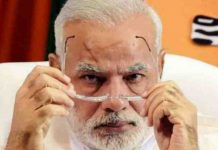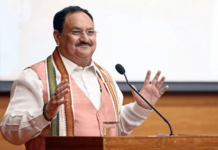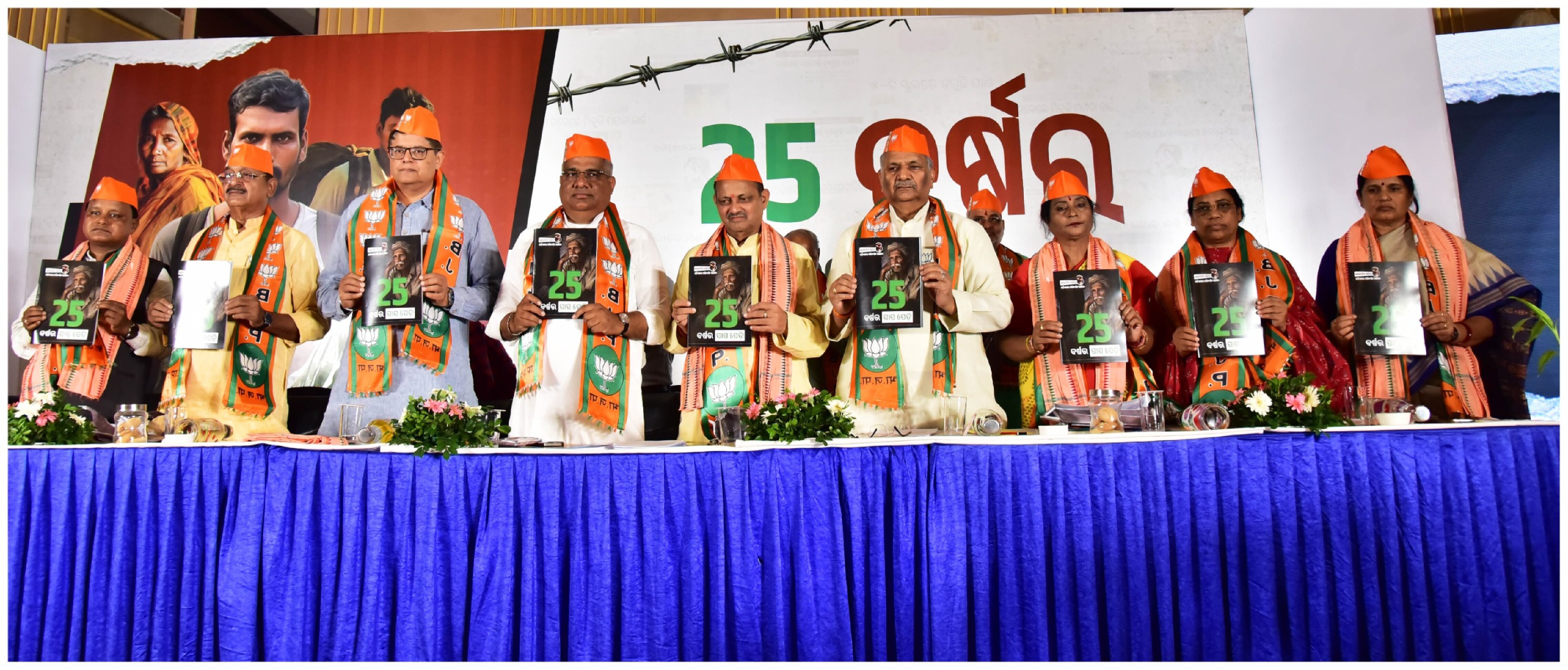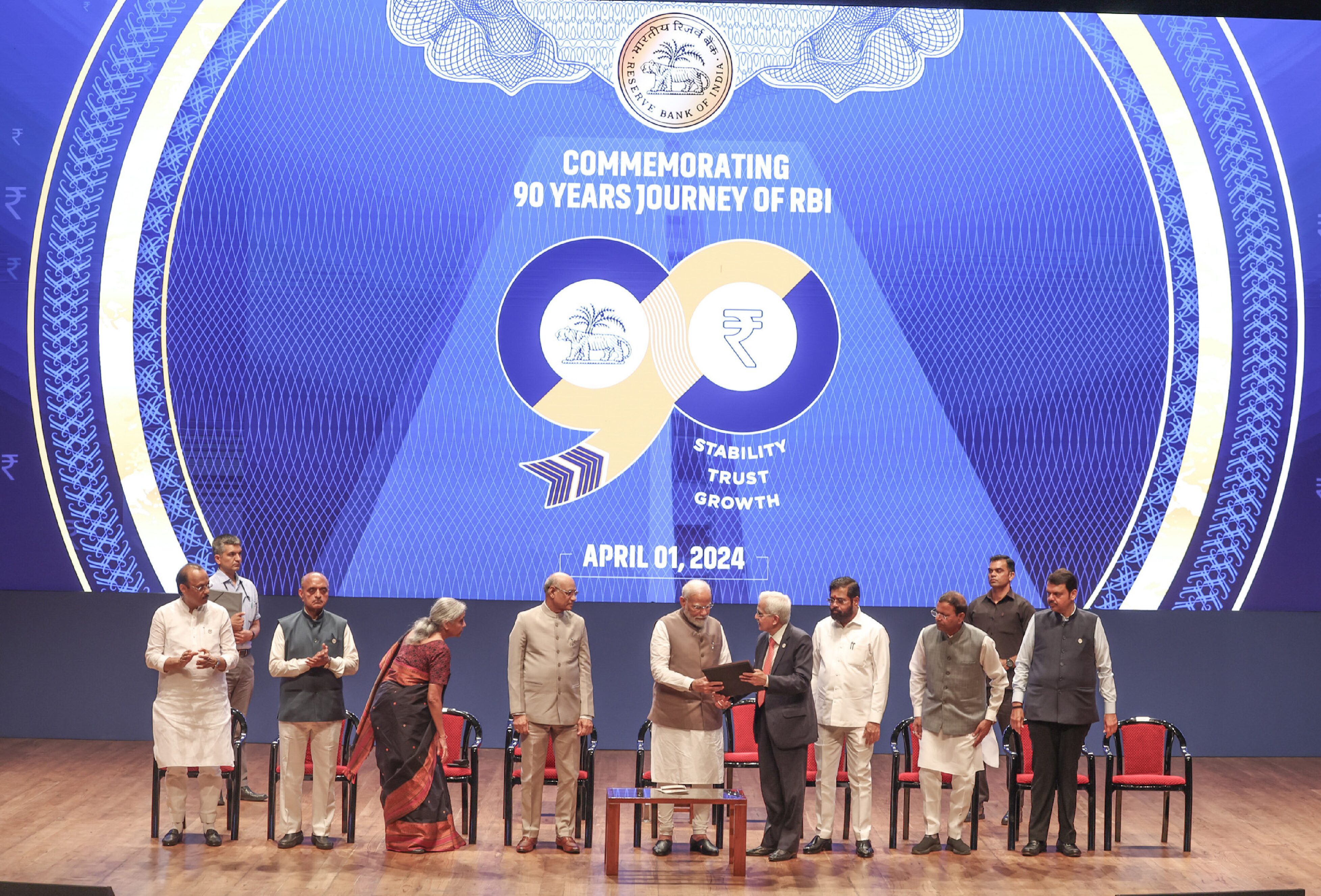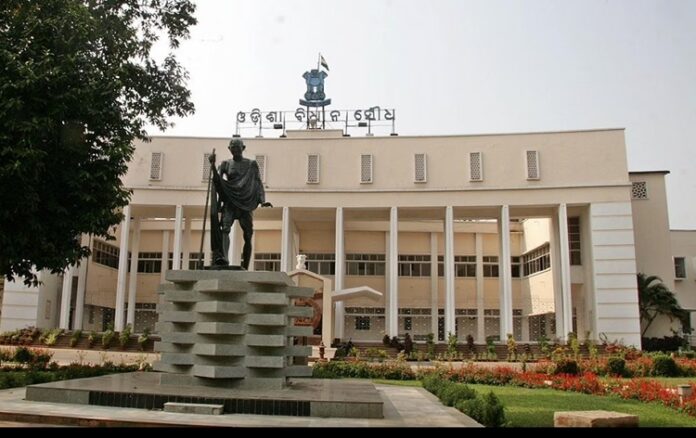The demand for a legislative council for Odisha is in focus again with a BJD leader seeking to revive it and reminding everyone that the state needs a bicameral legislature. While this could be an excellent election issue for the ruling party, there are arguments both for and against the council. Whether reviving the demand for a council is a clever tactic to win the support of voters or it is going to boomerang on the BJD only time will tell.
Ashutosh Mishra
The issue of need for a legislative council in Odisha is back in focus with a leader of the ruling Biju Janata Dal (BJD) reiterating that the state should have an Upper House. The opposition, especially the BJP, has been quick to latch on to it and accuse the ruling party of trying to deliberately politicize the issue with an eye on the elections which are barely eight months away.
There is no denying that when elections are around the corner, every party looks for issues that may strike a chord with the voters. A second House for the state, which has had a unicameral legislature since its formation, remains a sensitive issue capable of arousing regional feelings. This may suit the political ends of a regional party like Biju Janata Dal.
The Odisha assembly had passed a resolution seeking the formation of a legislative council in the state on September 6, 2018. A three-member committee of the Assembly had visited states which have legislative councils and submitted a report to the government before the resolution was passed in the House.
The BJD leader, who has sought to revive the issue, feels that Odisha had a legitimate right to have a second House. The issue has also been raised in the Parliament. In fact, the matter is pending with the NDA government as the state assembly’s proposal for a council after being unanimously passed in the House was sent to the Centre for approval.
However, many opposition leaders think that the demand for a legislative council is nothing more than a political stunt and the issue resurfaces every time there is an election. The opposition has been critical of Patnaik government for keeping quiet on the issue for such a long time and reviving the demand now that the elections are barely eight months away.
Soon after the Odisha assembly passed the resolution for the formation of a council the BJD top brass reportedly took up the issue with the NDA leadership. The BJD insists that a council for the state is indeed the need of the hour. However, the issue has triggered an acrimonious debate about the utility of an Upper House in the state continues with opposition leaders alleging that the ruling party’s move is driven by pure political considerations.
The council, argues a section of opposition leaders, would turn into a ‘rehabilitation centre’ for defeated and disgruntled BJD leaders who must be kept in good humour. In short, it would act as a safety valve for the ruling party as far as dissidence is concerned.
However, this argument is at best specious considering that chief minister Naveen Patnaik has a vice-like grip over his party at the moment and the situation is unlikely to change in the foreseeable future. Given that he happens to be BJD’s sole and the most reliable poll mascot, he commands complete loyalty of his party leaders. Dissent is practically unheard of in the BJD where everyone swears loyalty to Patnaik.
Experience of the past shows that adventurous leaders who tried to cross the path of Patnaik have always ended up paying a heavy price. While some of them vanished from the political scene after being pushed to the margins, others who left the party had to struggle hard for existence. So, the argument that the chief minister needs the council to rehabilitate disgruntled BJD leaders does not hold water.
At the same time, it is true that the chief minister, given the brute majority that his party enjoys in the state assembly, he can pack the council with his favourites from BJD. This would give him more flexibility in using his party leaders the way he wants. Theoretically, the ruling party can also influence the selection of nominated members to the council.
The fact is that the utility of a second House in a state has always been a contentious issue with many experts arguing that it serves no better purpose than acting as a check on the Lower House in certain matters like when it passes a Bill in a haste. Even that is an important function, especially in a state where the ruling party can afford to steamroll the opposition with its brute majority.
A much more important function of a legislative council is widening the debate on issues of public importance and making them more enlightened. In some of the states with bicameral legislatures the chief ministers choose to make important announcements first in the council instead of the assembly which is the more important House considering the numerical strength of the members.
A second House can help check hasty actions by the directly elected House, and also enable non-elected members to contribute to the legislative process. It provides a forum to academicians and intellectuals who may find the din and aggression of members in the lower House repulsive at times. The Upper House is calmer with more dignified and low decibel debates which would suit their disposition.
In a bicameral legislature a council also provides a mechanism for a soberer and more considered appraisal of legislations before they are passed. Besides, there are other arguments in favour of Legislative Councils which generally have a track record of sincere work and non-confrontational attitude vis-à-vis legislative assembly.
The counter-argument, however, is that a legislative Council can be used to delay the passage of legislations and to pack the legislature with the favourites of the ruling party. Hence, there is no dearth of people who consider an Upper House in the state to be an unnecessary drain on the exchequer.
Ultimately, any House, be it Upper or Lower, is as good as its members. It is up to them to make it what it becomes. Hence, a legislative council can be worth having only if it can actually generate light and guide the state forward. While these arguments are being forwarded by experts in favour of and against a legislative council in Odisha the issue has definitely acquired political overtones.
With elections not far away, the question being asked is whether this will actually become an election issue in 2024 and whether the ruling BJD can use it to its advantage. Much would depend upon how the chief minister plays his cards and whether the BJD succeeds in raising the pitch on the demand for a council. Handled well this could be an excellent poll plank in 2024.







